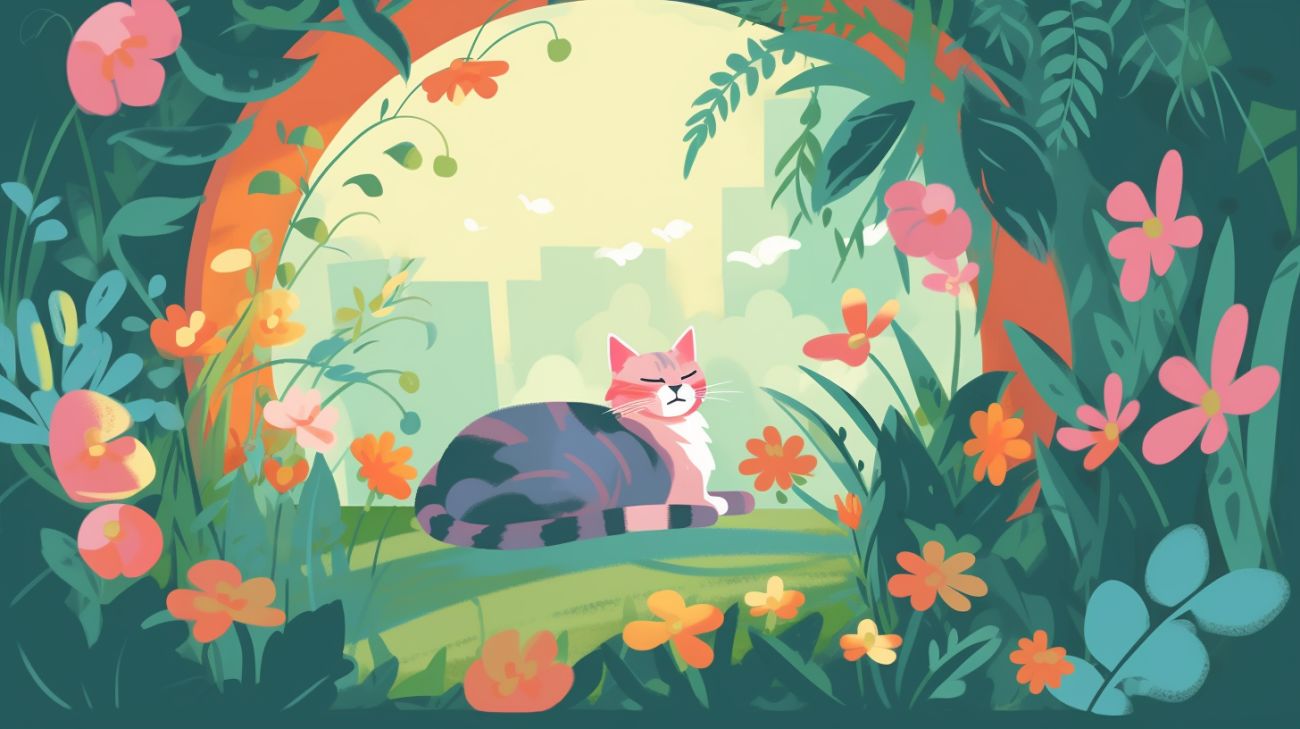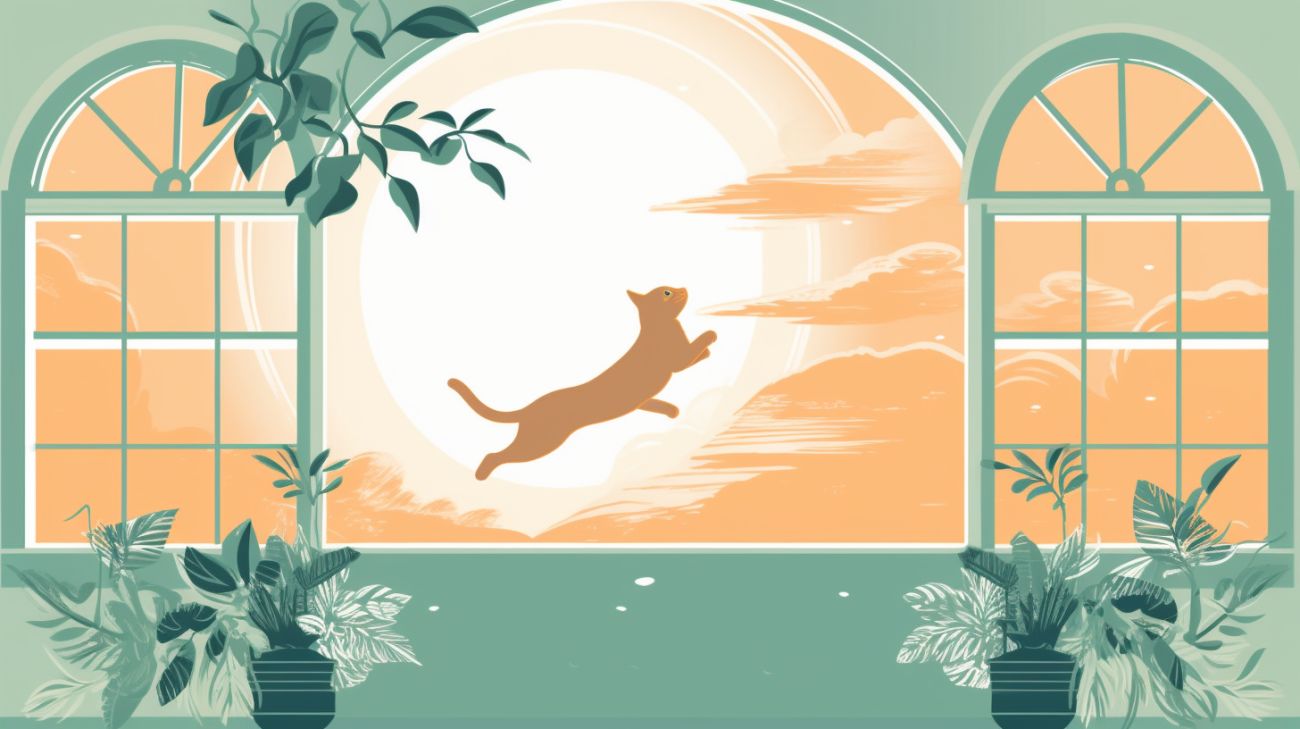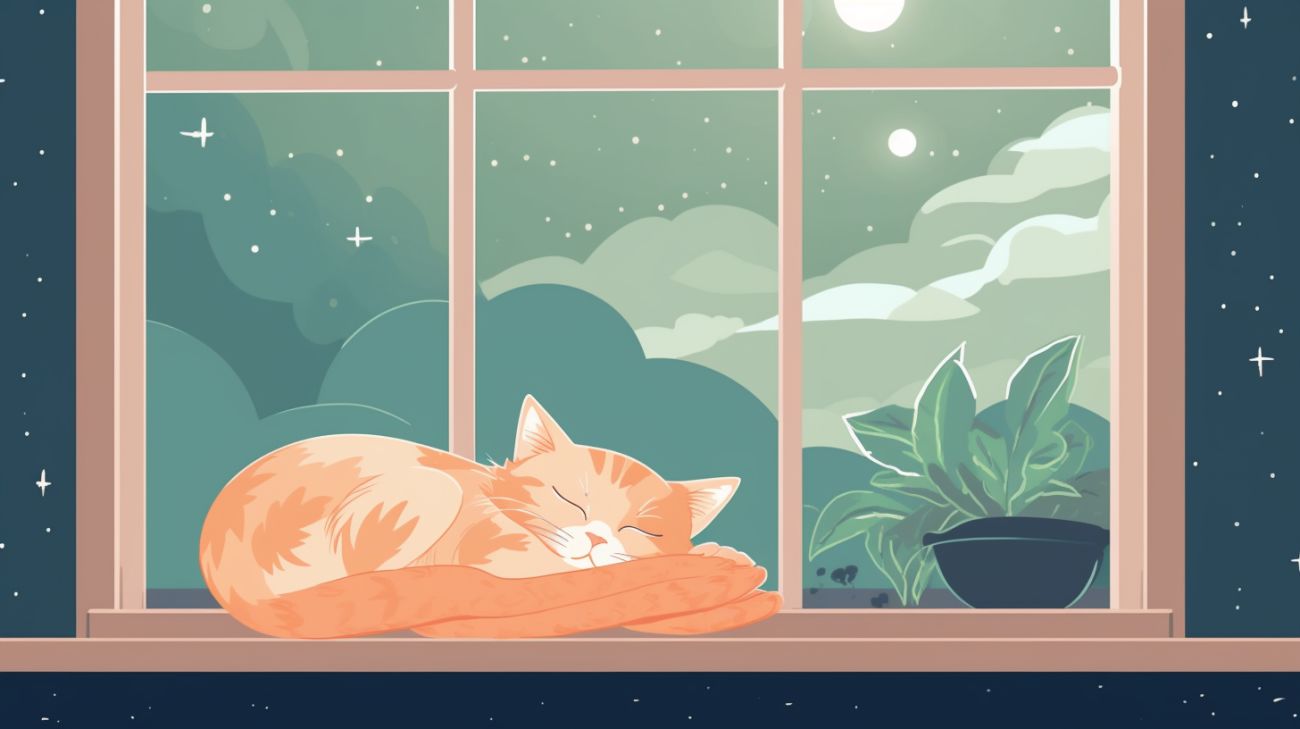Key takeaways
Whether you keep cats indoors or outdoors, there are pros and cons of both. It all depends on your personal situation.
This is why we have explored a few situations that would suit an outdoor cat and a few that would suit an indoor cat.
We weigh up the pros and cons of both so you can make an informed decision for your furry friend.
Quick Navigation
When to have an outdoor cat
You have a small house

You live in the countryside
Getting them microchipped: This will make sure that people know your kitty is a pet and will make sure you are contacted if they are found far from home.
Invest in a GPS tracker: If you're still nervous about letting your cat out, you can get a GPS tracker for their collar. This means you'll always be able to see where they are.
Make them wear a collar: A collar that has your contact details on can help neighbors identify whether your kitty is a stray or a pet.

Your cat has previously had access to the outside
Behavioral issues
Anxiety
Boredom
Depression
If your cat has already had access to the great outdoors, then depriving them of this experience for the rest of their lives can be cruel and cause unnecessary stress.

When to have an indoor cat
You live in a busy area
Be involved in traffic accidents
Be taken in by people or stolen
Become lost
Be involved in territory fights with other cats

Your cat has a disability or illness
Loss of hearing
Loss of sight
Inability to run

You have a spacious house
Decluttering
Moving furniture to make more space
Keep bedroom doors open so there is more space to explore
Installing climbing blocks or getting cat trees so they can explore vertical space

Pros and cons of indoor vs outdoor cats
Pros and cons of indoor cats
Indoor cats tend to live longer
They are less likely to get injuries or infections from catfights
They are less likely to be involved in traffic accidents
They won't be vulnerable to theft
They won't be prey to wild animals
They won't risk eating toxic plants or waste
An indoor cat's health may suffer from a lack of exercise
Indoor-only cats may become bored and develop behavior issues
They may experience loneliness, anxiety, and depression
They may not get the mental stimulation they need

Pros and cons of outdoor cats
An outdoor cat will get the exercise they need to be healthy
Outdoor cats tend to avoid boredom by exploring
They won't experience loneliness
They will be able to satisfy hunting instincts
Outdoor cats are more likely to be involved in traffic accidents
They are more vulnerable to theft
They are more vulnerable to fights with other animals and cats
They are more likely to get lost

FAQs
Do vets recommend indoor or outdoor cats?
Vets will recommend what will be best for the cat in individual situations. For example, if you have the space and time to care for an indoor cat, then they'll encourage you to keep them inside for their safety. But if they don't get the attention they need, then they may encourage you to let them outside.
Do cats live longer indoor or outdoor?
Cats live longer indoors. This is because they are less likely to be involved in traffic accidents or be involved in catfights.
What are the benefits of an outdoor cat?
The benefits of outdoor cats include being mentally stimulating, getting enough exercise, preventing boredom, and allowing your cat to listen to their instincts, like hunting and surveying their territory.
Should cats go outside?
Cats should go outside if you live in a quiet area away from busy roads or town centers. This will mean they can get enough exercise, hunt, and they won't get bored.
Are indoor cats happier?
Indoor cats aren't necessarily happier, but they are safer. It all depends on individual situations. If cat owners are giving their pet cats lots of attention indoors, then they will be very happy.
What are the cons of outdoor cats?
The cons of outdoor cats include being more vulnerable to theft, being involved in cat fights, which increase the risk of injury and infection, and an increased chance of being involved in traffic accidents.
Will my cat come back if I let them outside?
If your cat has lived at your home for longer than two weeks, they will be able to navigate their way back to it if you let them outside.



